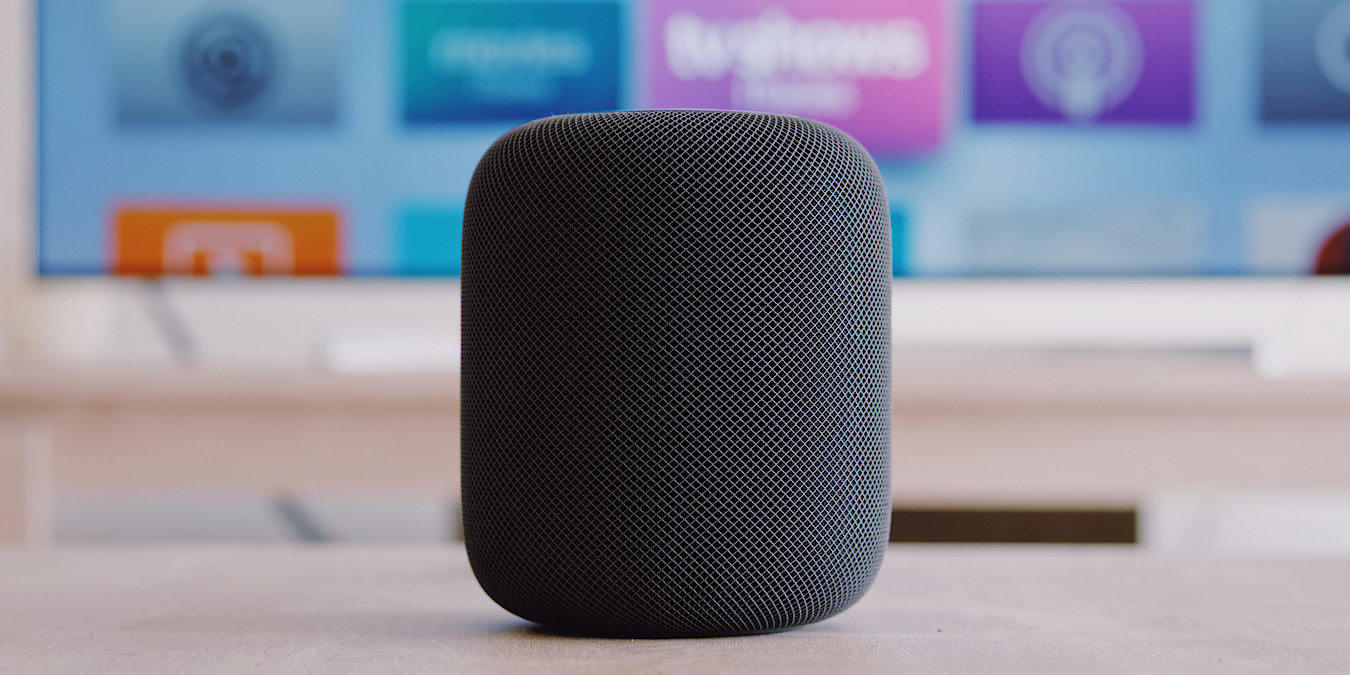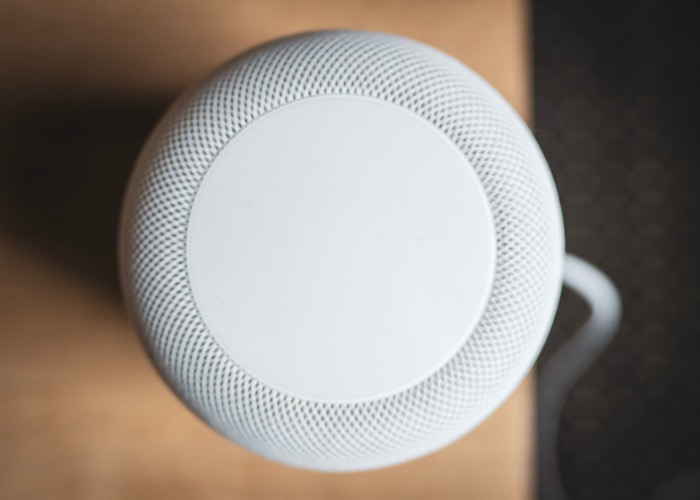
There’s a line in the song 157 Riverside Ave., that “if you want to get through to someone, tell them what’s on your mind, you have to speak to them in their own language.” That’s exactly what Apple has determined in a study of voice assistants.
Just like in that song, when we “talk” to voice assistants like Apple’s Siri, or even Google Assistant or Amazon Alexa, we want them to talk to us the way we talk to them. In Apple’s study, they found people liked voice assistants that had the same conversational style they had.
Apple’s Study
Currently, we don’t really carry on conversations with AI assistants, but that’s something Apple wants to change. For instance, with all the advancements they’ve been doing with the health app, they want you to be able to chat about your health with Siri, and they’re hoping to have that by 2021.
In a paper titled, “Mirroring to Build Trust in Digital Assistants” from the Interspeech 2019 conference in Graz, Austria, Apple’s researchers researched an AI assistant that was conversational in nature and considered the preferred mannerisms and tones of the user as it delivered its responses.
Users were more likely to find the assistsant likable and trustworthy when it matched their level of chattiness. To mirror a user’s conversation structure, it could be extracted from their speech pattern.
“Long-term reliance on digital assistants requires a sense of trust in the assistant and its abilities,” the research found. “Therefore, strategies for building and maintaining this trust are required, especially as digital assistants become more advanced and operate in more aspects of people’s lives.”
The believe that to create trust, the assistant “needs to mirror the conversational style of a user’s query, specifically the degree of ‘chattiness,’ [which] we loosely define chattiness to be the degree to which a query is concise (high information density) versus talkative (low information density).”
Participants in this study filled out a questionnaire that gauged their overal chattiness level and personality. They also filled out a pre-study survey that described how they used digital assistants, including how often they used the assistants and the types of queries they posed to the asssitant.

The subjects were told to make verbal requests to set timers and reminders, get directions, the weather report, search the Web, etc. This was done in front of a wall-mounted TV that was showing instructions being carried out by a human.
Participants were given responses to their questions that were intentionally chatty or non chatty, such as the difference between “It’s supposed to be 74 degrees and clear,” and “74 and clear.
They were asked to classify the responses’ qualities as “good,” “off-topic,” “wrong information,” “too impolite,” or “too casual.”
The participants were sent for another round questions and answers, but this time instead of rating the responses they were hearing, they were rated themselves on their chattiness with their speech and facial expressions being recorded by camera, microphone, and depth sensor.
Study’s Results
What the results showed was that 70 percent of the participants preferred the chattier responses, those who identified as chatty preferred the chattier ones, and the non-chatty people preferred the non-chatty responses.
These results led to successful multi-speaker and speaker-independent classifiers that classified the requests as chatty or non-chatty and determined which would be the preferred response. These were based on audio features.
This could help Apple reach that goal they are aiming for in 2021. And, of course, if this is what they have coming down the pike, it’s why they were so concerned with the uproar over their practice of sharing the recordings. They’re about to get more personal with users, so they need the trustworthiness that they’re testing
What do you think of the chattiness of voice assistants? Is that what you’re looking for? Let us know in the comments below.
Get the best of IoT Tech Trends delivered right to your inbox!







